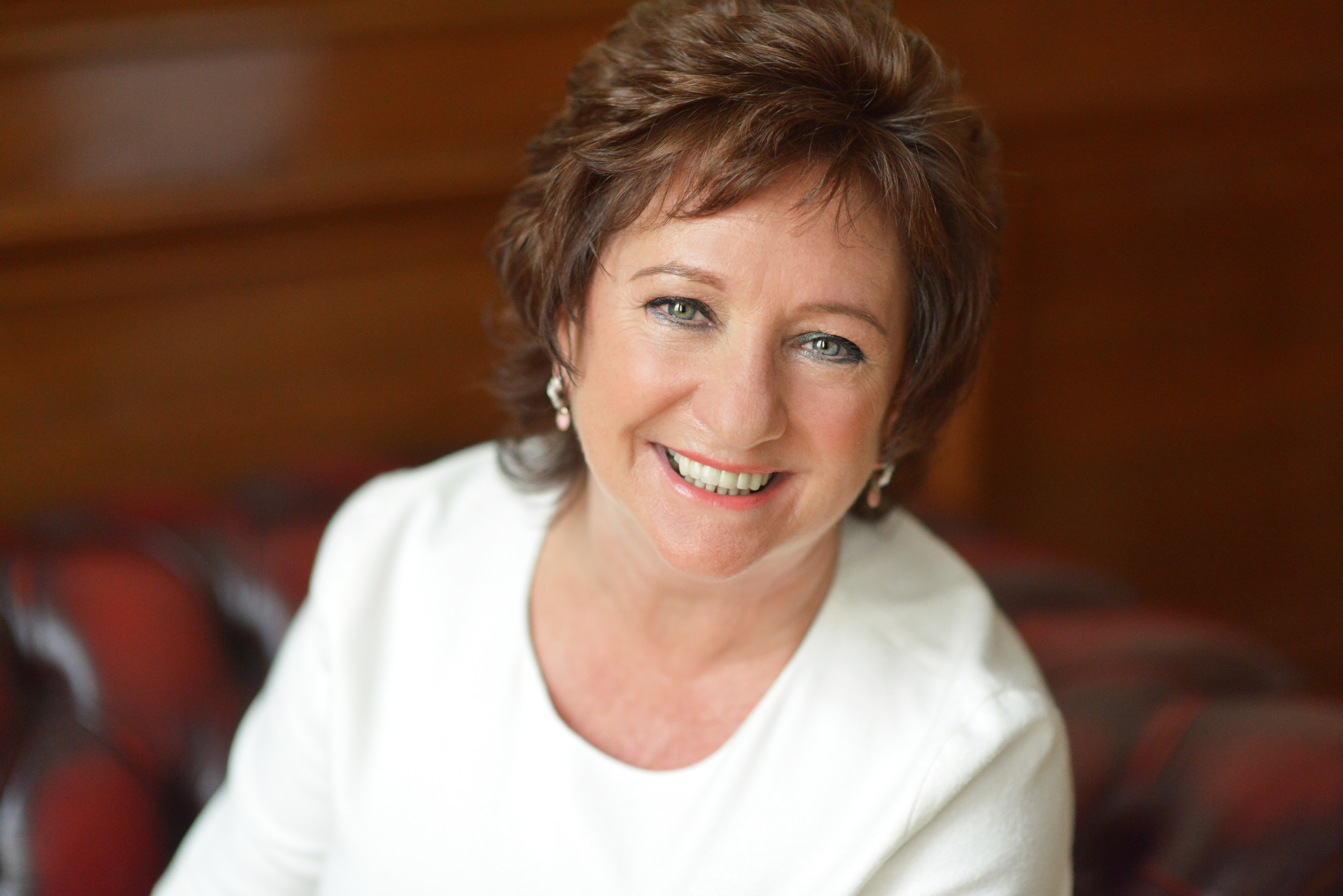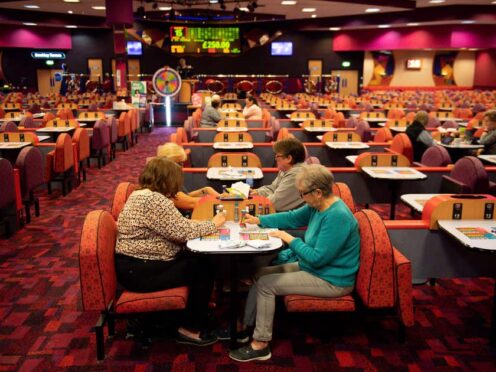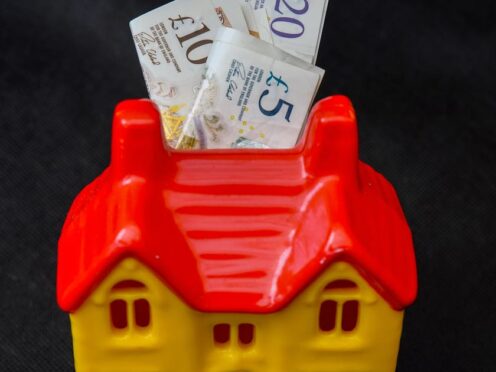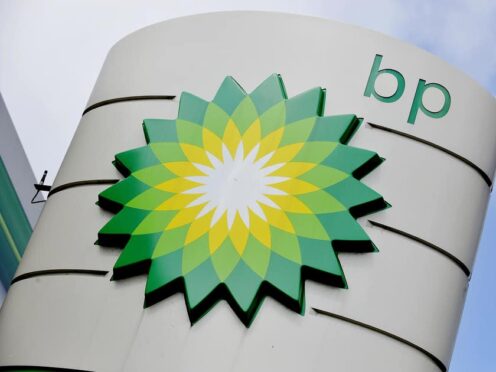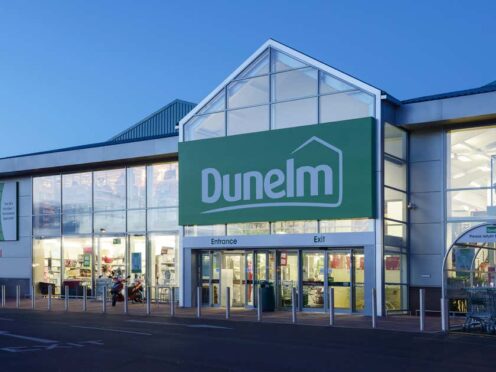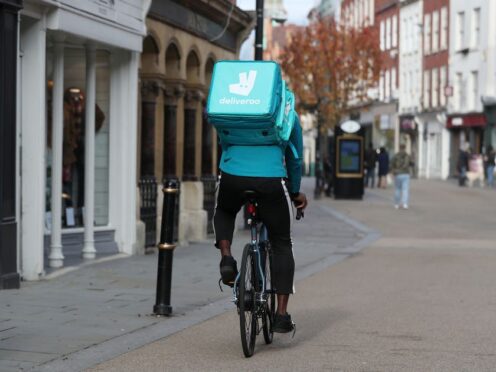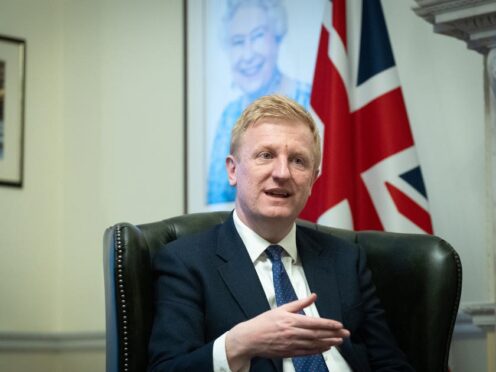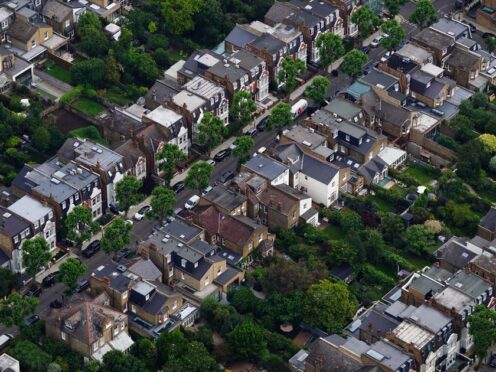Higher rates of tax in Scotland compared to the rest of the UK could drive away talent and put off investors, business leaders have warned.
The Scottish Chambers of Commerce (SCC) has appealed to political parties to ensure Scottish tax rates remain at or below those elsewhere in the UK.
Taxation is a key issue in the run up to the Scottish Parliament election on May 5, with new powers over the rates and bands of income tax coming to Holyrood next year.
Both Labour and the Liberal Democrats have proposed a 1p increase in the basic rate to invest in education, while Labour also proposes raising the top rate of tax to 50p.
The SNP has pledged not to increase the threshold at which people start paying income tax at 40p, as Chancellor George Osborne plans to do, while the Conservatives want tax rates to remain at or below the rest of the UK.
Liz Cameron, SCC chief executive, said: “The Scottish Parliament is 17 years old. It is now an established institution in Scottish life and in the Scottish economy, but over the next few years it will progress its transformation from a body charged with spending taxpayers’ money in Scotland to one which is responsible and accountable for raising a large part of that money too.
“That transformation will require a different mind-set from our politicians – one which understands the need to balance what is desirable with what is achievable in a way that our devolved Parliament has never done before.
“In terms of the Scottish economy, the Parliament will now have more powers to help make us the most competitive and attractive region of the UK in which to do business.
“The starting point should be to ensure that our rates of personal taxation are at least as competitive in Scotland as in any other part of the UK – if it isn’t, it could drive valuable talent away from Scotland and act as a barrier to attracting new investment in our economy.”
SCC called for business rates to be reviewed and reformed to a greater extent, and for an annual assessment of Scotland’s stamp duty replacement, the Land and Buildings Transaction Tax.
The organisation also urged the Scottish Government to work with the UK Government to reduce tourism VAT to 5%.
Scottish Conservative leader Ruth Davidson welcomed the intervention, attacking her opponents’ “irresponsible and completely wrong-headed” tax plans.
She said: “Liz Cameron could not be clearer: higher taxes will drive out talent from Scotland and deter investment and jobs from coming here.
“Her comments are a wake-up call to Labour, the SNP and the Lib Dems. They have used this campaign to wage an irresponsible and cynical bidding war over who can increase tax the most – with no regard whatsoever for the destructive impact this will have on jobs and the economy.”
A Labour spokesman said: “The single most important economic investment we can make is in education and skills, which independent experts believe could generate billions more for our economy. But education faces hundreds of millions of pounds of cuts in the next five years.
“That’s why faced with the choice between using the powers of the Scottish Parliament to invest in education and our economy or carrying on the cuts, Labour would use the powers to stop the cuts.”
A SNP spokesman said: “Our income and local tax plans are fair and responsible, we will continue our Small Business Bonus which has already saved firms around £1 billion – and we have already shown we can stand up to the Treasury, saving Scotland £7 billion in the process.
“As well as lifting 100,000 businesses out of business rates altogether, we will review the wider business rates system to make sure that it supports economic growth and job creation with an emphasis on ensuring that Scotland remains the most competitive place in the UK to do business.
“With new powers over tax we will freeze the basic rate of income tax to help low and middle income earners. We will not, however, implement the tax cut for higher rate earners proposed by the Tories – instead we will freeze the higher rate threshold in 2017/18 and ensure that it will rise by a maximum of inflation until 2021/22.
“These measures will generate at least £1.2 billion in additional revenue over the next parliament while retaining a competitive tax rate overall.”
